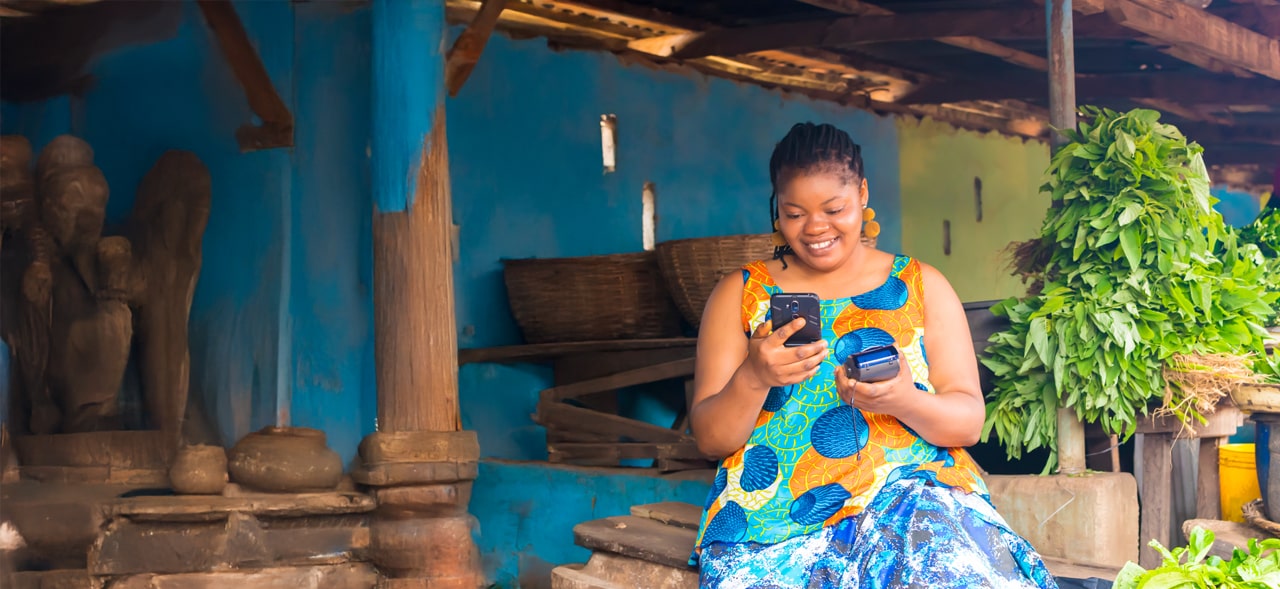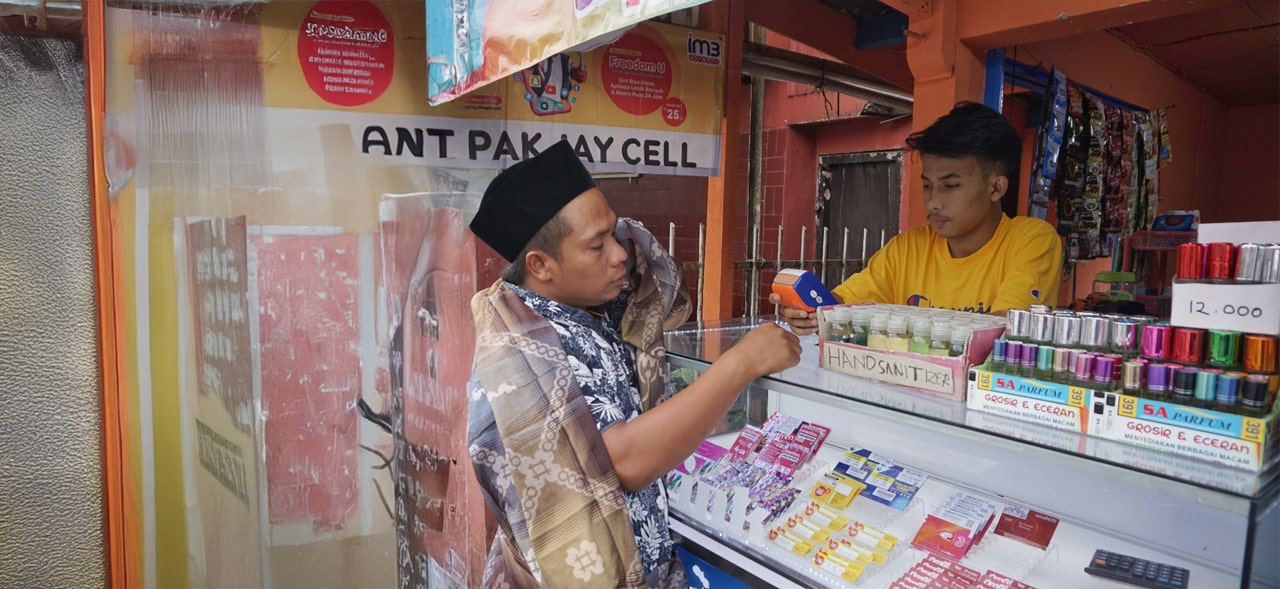
Telecel Zimbabwe, the country’s second-largest telecommunications provider, launched Telecash in 2014 to expand access to mobile money services, such as person-to-person transfers, bill payments, bulk payments, airtime purchases, and the Telecash Gold Card. Despite its potential, the service struggled with persistent challenges related to agent liquidity, which undermined service reliability and customer trust.
Telecel engaged MSC to address this issue. We started the project with the intent to diagnose and optimize float management practices across its nationwide agent network. MSC conducted an in-depth assessment of Telecash’s float management. We reviewed agent float requirements and disbursement mechanisms, analyzed operational gaps, and benchmarked practices against central bank guidelines and international standards. The study drew on desk research, interviews with key staff, and field visits to understand the realities of agent operations.
The findings and recommendations directly contributed to improved float management, stronger agent liquidity, and enhanced operational efficiency within Telecash’s network. These changes led to a more reliable service and smoother customer transactions, which strengthened Telecash’s ability to deliver on the promise of mobile money in Zimbabwe.
The Bill & Melinda Gates Foundation commissioned the project.

Under its CSR mandate, Axis Bank partnered with MSC to strengthen financial literacy among low-income communities in India’s underserved regions. The pilot reached 10,000 individuals from the financially excluded segments across two aspirational districts in Bihar and Odisha.
MSC led the end-to-end design and execution for this pilot. We conducted a diagnostic study and subsequently created a multilingual curriculum in Hindi and Odia that aligned with the RBI’s National Financial Education Strategy. We used a blended model of classroom education to train 5,000 participants and conducted IVR-based mobile education for 5,000 more. Our curriculum also used audiovisual content, flipbooks, and gamified tools.
The initiative successfully improved financial awareness and responsible usage of formal services to offer a scalable model for contextualized financial education. from the pilot have been shaping Axis Bank’s broader CSR and inclusion strategy to enable future scale-up and replication.
Axis bank commissioned the project.

While Indonesia has historically pushed for financial inclusion, banks struggled to identify sustainable models to extend services beyond branches. Potential agents lacked clear incentives, operational support, and capacity to serve unbanked communities at scale.
MSC partnered with Bank Mandiri under the USAID-funded e-MITRA initiative to design a viable branchless banking strategy. We conducted field research to map agent archetypes, from retail shops to post offices and health centers, after which we assessed their business viability, liquidity capacity, and trust levels. MSC developed a blueprint that covered agent selection, training, incentive design, liquidity management, and monitoring systems based on these insights.
Bank Mandiri adopted MSC’s recommendations, scaling its branchless banking network to 150,000+ agents nationwide. These agents now deliver savings, bill payments, and remittances across rural and urban Indonesia. The initiative significantly advanced financial inclusion by making low-cost, accessible banking services available to millions of unbanked and underbanked Indonesians.
Bank Mandiri commissioned the project.

Since the start of the payments bank model in India, MSC has been at the forefront of shaping delivery strategies and operational models. We support institutions in building scalable, inclusive digital financial services (DFS) that align with the Reserve Bank of India’s financial inclusion mandate. We helped Telenor India secure the RBI’s approval by refining its business case and product strategy. We also designed Airtel Payments Bank’s 120,000+ cash-in/cash-out (CICO) agent network alongside strategies for G2P readiness and adoption of G2P payments. We also optimized liquidity and cash management for Fino Payments Bank’s 700,000+ merchants. In addition, we conducted a national channel assessment for the India Post Payments Bank, which enhanced its product portfolio, including gold-linked savings, and enabled adoption across 200,000+ postal and doorstep outlets.
Our interventions have delivered measurable impact. Airtel Payments Bank rapidly scaled to 120,000+ touchpoints, Fino strengthened liquidity systems for 700,000+ merchants, and the India Post Payments Bank improved service reliability and product uptake across 200,000+ outlets. Collectively, these efforts boosted digital finance adoption, reduced transaction failures, and enhanced agent performance, which positioned payments banks to deliver inclusive, customer-centric financial services at scale.
XXX commissioned the project.

Banks in Uganda and the Democratic Republic of the Congo (DRC) struggled to scale digital finance. They faced various hurdles, from unclear regulations and weak agent capacity to limited infrastructure that could not adequately reach underserved customers.
MSC partnered with leading institutions to design and scale agent banking. In Uganda, we supported Equity Bank, DFCU Bank, and the Uganda Bankers Association with market strategies, value propositions, and Uganda’s first shared agent training program. We guided Financial Sector Deepening Uganda (FSDU) on regulatory alignment and improved digital payments for refugees with Airtel and DanChurchAid. In the DRC, we assisted Rawbank through market diagnostics, agent network design, and capacity building as it launched Illico Cash.
MSC’s work enabled DFCU Bank to onboard 4,000 agents to process 20,000+ daily transactions for 500,000 customers. Equity Bank’s agent network grew to 4,000 agents and 5,800 merchants who served more than 1 million people. In the DRC, Illico Cash expanded access for unbanked communities. At a sector level, MSC strengthened regulatory alignment and built institutional capacity, which transformed agent banking into a driver of financial inclusion across Africa.
The Gates Foundation commissioned the project.

MSC helped Airtel Tanzania design a pilot for a deferred payments solution to enable users to schedule future payments and savings through mobile money. The deferred payments functionality gives users the option to manage their funds in sync with their goals and aspirations. It allows users to park their funds in different sub-accounts to mature at a future date. Hence, besides making payments, users of this service can plan their savings and payments by sending funds on future dates.
MSC identified suitable agri-value chains for the pilot, developed a user interface integrated with Airtel’s platform, assessed resource needs, and created a comprehensive pilot plan with timelines and key performance indicators. This initiative sought to enhance financial planning capabilities for underserved populations.
Financial Sector Deepening Trust, Tanzania, commissioned the project.





